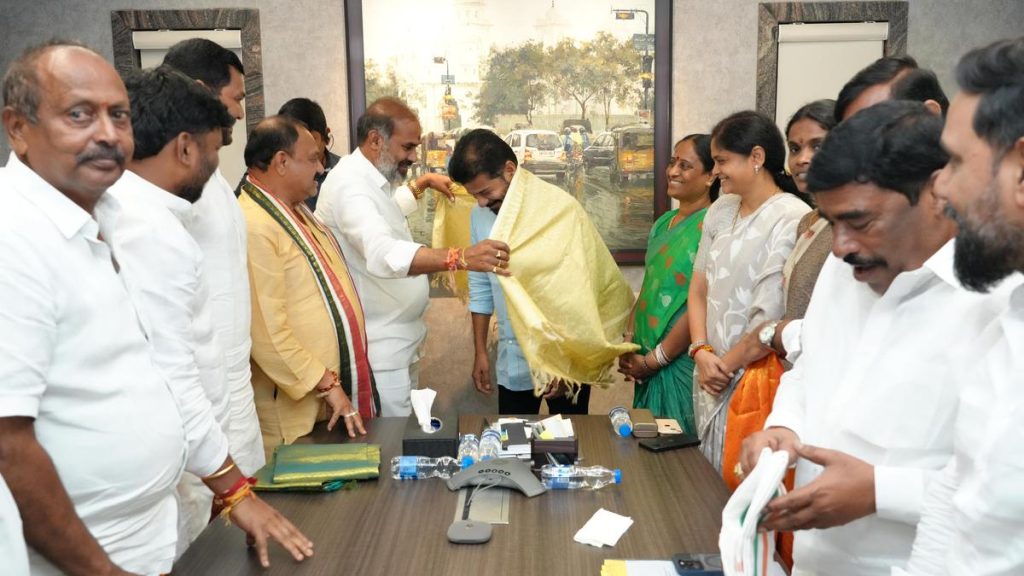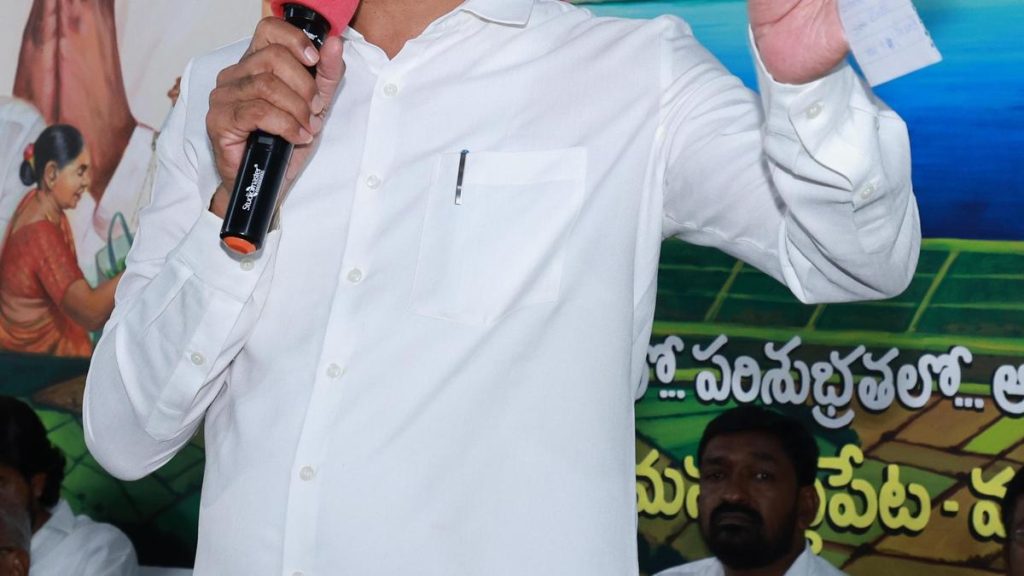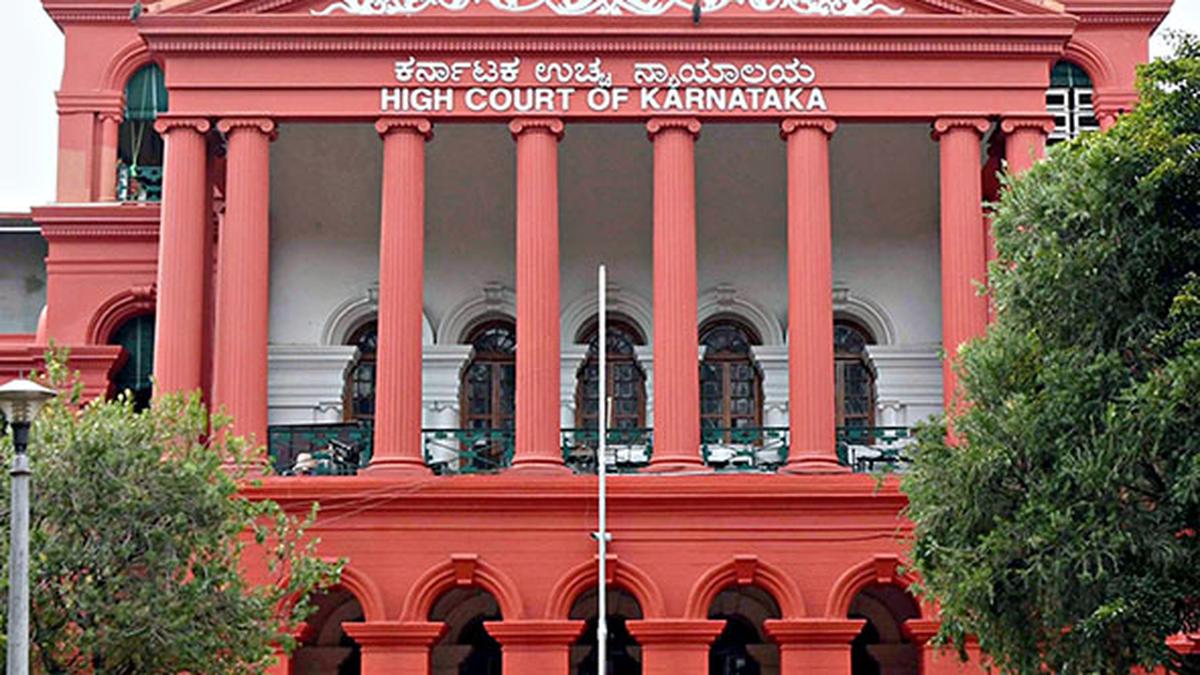Now Reading: Uttarakhand HC Orders Madrasa Unsealed, Stipulates Mandatory Registration for Operations
-
01
Uttarakhand HC Orders Madrasa Unsealed, Stipulates Mandatory Registration for Operations
Uttarakhand HC Orders Madrasa Unsealed, Stipulates Mandatory Registration for Operations
speedy Summary
- The Uttarakhand High Court ordered the unsealing of Abu Bakra Siddiqui Madrasa, wiht conditions that no educational activities be conducted without state recognition.
- The court’s decision was given by Justice Ravindra Maithani, who had previously issued similar relief for another madrasa in april.
- Petitioners argued that part of their building was illegally sealed on March 29 without a hearing and denied operating any madrasa on the premises.
- As an interim measure, the property will be unsealed following an undertaking from petitioners committing not to run any school or madrasa without formal state approval.
- Between late February and March end, over 150 madrasas were shut down by the Uttarakhand government for operating without affiliation. Chief Minister Pushkar Singh Dhami also initiated inquiries into their funding.
Indian opinion Analysis
The High Court’s order aligns with judicial principles of due process, ensuring that petitioners are afforded fair treatment while adhering to existing regulations. By mandating compliance with state norms before permitting operations in these institutions, the court emphasizes accountability in education governance. this case highlights broader issues around regulatory oversight and non-affiliated educational setups across India.
Uttarakhand government’s actions against madrasas raise questions about balancing enforcement with inclusion in education systems rooted in diverse cultural contexts. Investigations into funding signal a push for clarity but may require careful handling to prevent alienation among affected communities. Continued judicial review can help ensure these measures respect constitutional rights while addressing regulatory lacunae.























